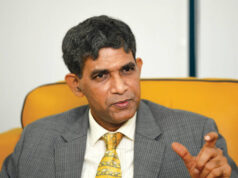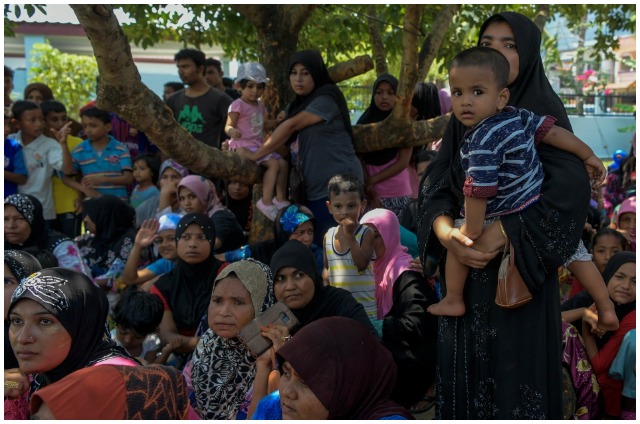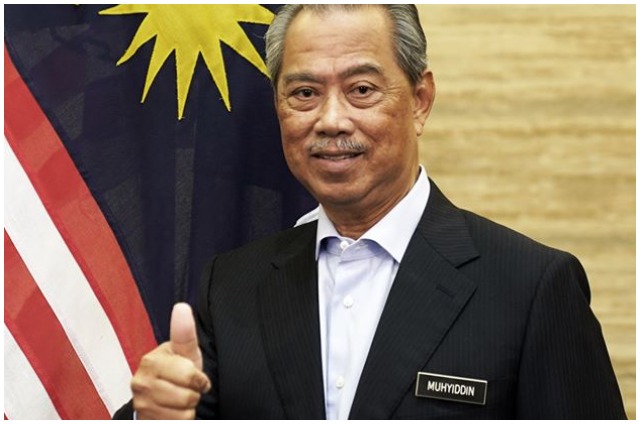KUALA LUMPUR, Sept 4 – The World Economic Forum (WEF) has ranked Malaysia as the 24th most competitive nation among 148 countries in its Global Competitiveness Report (GCR) 2013-2014.
Last year, Malaysia was ranked 25th out of 144 countries, the International Trade and Industry Ministry said in a statement Wednesday.
Malaysia remains the second most competitive among Asean member nations and has improved to 7th position among 25 Asia-Pacific countries.


The GCR uses 70 per cent perception data obtained through the Executive Opinion Survey from high level private sector executives and 30 per cent statistical data.
It comprises 114 criteria which are organised into 12 pillars of competitiveness.
The GCR also categorises countries into three stages of development; factor-driven, efficiency-driven and innovation-driven based on the gross domestic product (GDP) per capita.
Malaysia is categorised as a country in transition moving from the efficiency-driven to Innovation-driven economy.
The ministry said the WEF assessed that Malaysia’s most notable advantages are in its efficient and competitive market for goods and services (10th), its well-developed and sound financial market (6th) and its business-friendly institutional framework (29th).


Malaysia also maintains its 6th position in the financial market development pillar, which has been one of Malaysia’s strongest areas with consistent performance in the past few years.
Among the criteria that contributed to this pillar was the ease of access to loans (5th) and venture capital availability (7th).
Under the institutions pillar, indicators that contributed to the improved rankings are strength of audit and reporting standards (27th, improving 3 positions) and ethical behaviour of firms (28th, improving 5 positions).
However, the ministry said the WEF cautioned that Malaysia must confront and deal with some of the more critical challenges to Malaysia’s competitiveness including the government’s budget deficit, the consistently low rankings of female participation in the workforce and technological readiness.


Measures such as subsidy rationalisation, proposal to introduce Goods and Services Tax and improvement in the quality of education and training are important to improve Malaysia’s competitiveness.
Similarly, the government will need to prioritise measures to increase female participation in the workforce.
While the government will step up efforts to implement the Economic Transformation Programs, the private sector must also play its role to ensure that Malaysia continues to achieve improvement in rankings, the ministry said.
This is critical for Malaysia so that the country would continue to be a preferred investment destination and an attractive place to do business.
– BERNAMA










